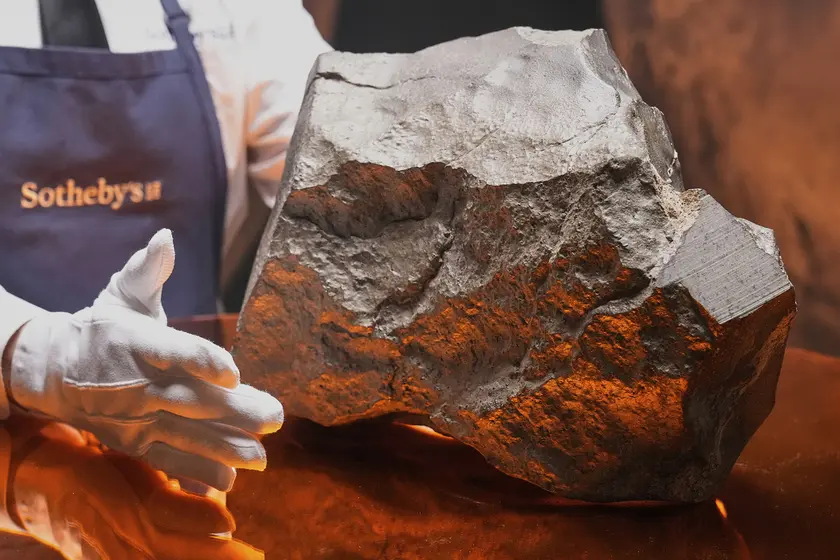T4K3.news
Meteorite from asteroid belt hits Georgia home
A meteorite older than Earth was found after it pierced a Georgia roof, shedding light on space rocks and defense efforts.
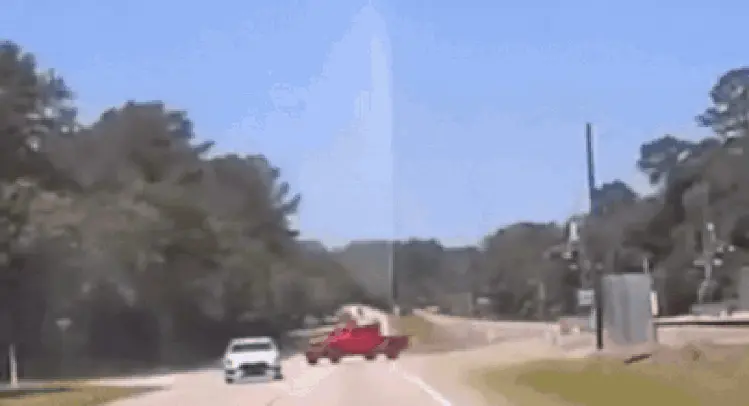
A meteorite fragment that pierced a Georgia home’s roof is identified as older than Earth, linking it to the asteroid belt.
Ancient meteorite from asteroid belt hits Georgia home
On June 26 near Atlanta, a meteorite fragment tore through a roof in a Georgia home. Eyewitnesses reported a bright fireball crossing the sky. University of Georgia scientists traced the rock’s origin to the asteroid belt between Mars and Jupiter and dated it to about 4.56 billion years ago, slightly older than the planet itself. The fragment was small, yet it left a visible crater on the floor and a damaged roof, while posing no danger to the residents.
The find highlights how even tiny rocks can teach big lessons. Studying such falls helps scientists understand how meteorites travel from space into Earth’s atmosphere, which in turn supports planetary defense efforts. Experts point to NASA’s DART mission as a proof of concept that deflection is possible if done early enough, a reminder that preparation matters for rare but high-impact events.
Key Takeaways
"If you move an asteroid early enough, you can get it to avoid us altogether."
Harris on defense strategy
"studying such falls is crucial for planetary defence."
Harris on research importance
"Understanding how meteorites travel through space and into Earths atmosphere could help scientists predict and prevent catastrophic impacts."
Harris on forecasting risk
This episode blends public curiosity with rigorous science. It shows how a single incident can illuminate the long history of the solar system and our planet without provoking panic. The science here rests on dating ancient rock and tracing its journey, not sensational drama, which strengthens public trust in research.
At the policy level, the piece underscores why sustained funding for space science and defense research matters. The DART reference anchors a practical strategy: improve detection, study path dynamics, and advance early intervention concepts. The message is clear: knowledge and readiness reduce risk, even when the awe of space remains constant.
Highlights
- If you move an asteroid early enough, you can get it to avoid us altogether
- studying such falls is crucial for planetary defence
- Understanding how meteorites travel through space could help scientists predict and prevent catastrophic impacts
The sky keeps teaching us lessons about risk and resilience.
Enjoyed this? Let your friends know!
Related News

Georgia home meteorite dates to 4.56 billion years ago
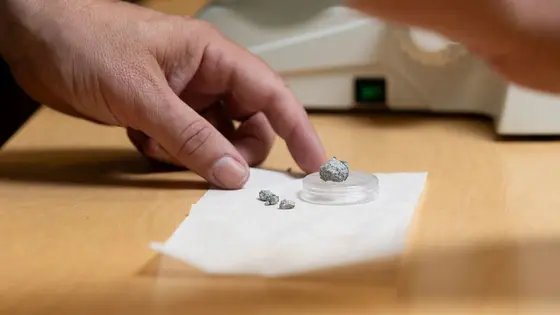
Georgia meteorite older than Earth identified

Ancient meteorite found in Georgia ages older than Earth

McDonough meteorite predates Earth
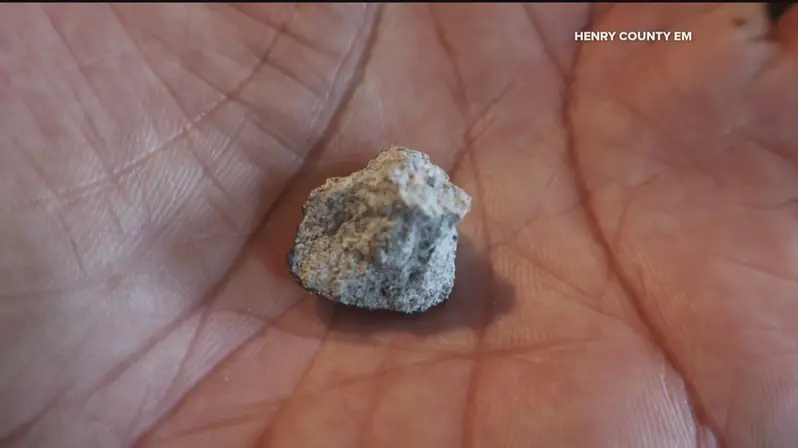
Meteorite found in Georgia home dates back to origins older than Earth

Meteorite in Georgia older than Earth
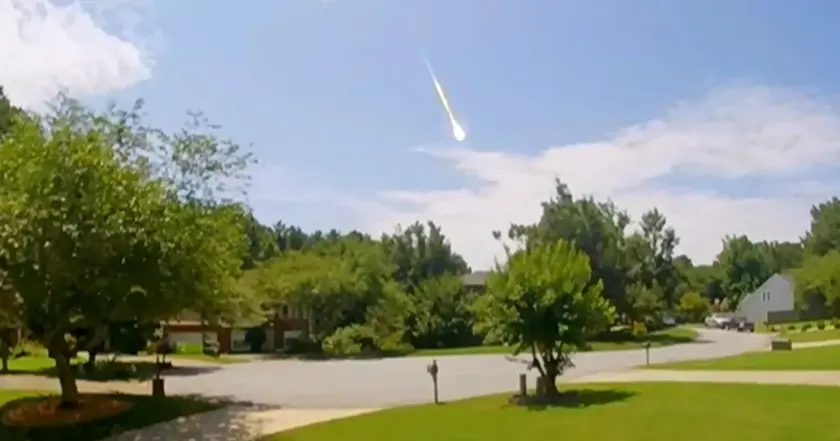
Georgia meteorite older than Earth
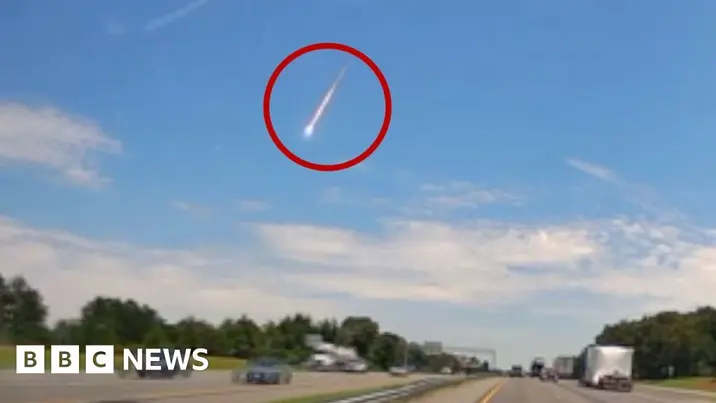
Meteorite found in Georgia
